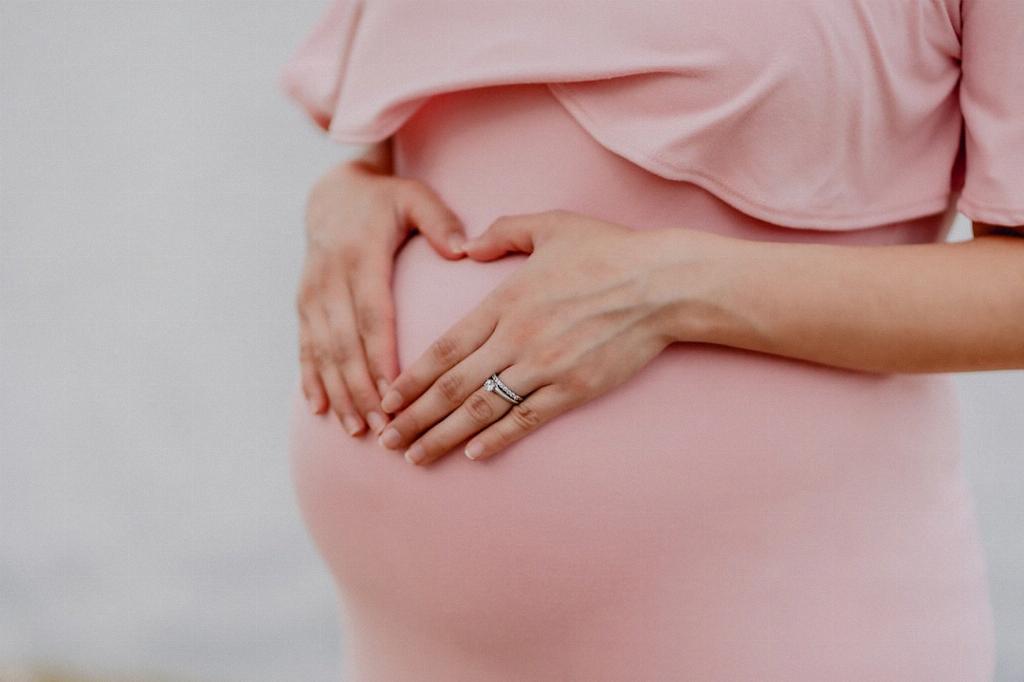During pregnancy, the body undergoes a multitude of changes to accommodate the growing fetus and prepare for childbirth. These changes often manifest in various symptoms and discomforts, some of which may be unexpected or unfamiliar to the expectant mother. One such symptom that some pregnant individuals may experience is increased sensitivity in the eyes.
Light Sensitivity: It’s not uncommon for pregnant women to notice heightened sensitivity to light during their pregnancy. Bright lights, whether natural sunlight or artificial lighting, can be particularly bothersome to some expectant mothers, causing discomfort or even pain in their eyes. This increased sensitivity to light can make tasks such as driving at night or spending time in overly bright environments more challenging.
Floaters: Another visual disturbance that some pregnant women may encounter is the appearance of floaters in their field of vision. These floaters are tiny specks or shadows that drift across the eye and can be especially noticeable against bright backgrounds. While floaters are not exclusive to pregnancy, some women may find that they become more pronounced or bothersome during this time.
Changes in Hormones: The hormonal fluctuations that occur during pregnancy can have a direct impact on the eyes and vision of expectant mothers. The increased levels of hormones, such as estrogen and progesterone, can lead to changes in tear production and the overall lubrication of the eyes. This can result in dry eyes, irritation, and a heightened sensitivity to environmental factors like wind or dry air.
Fluid Retention: As the body retains more fluids during pregnancy to support the baby’s development, this can also affect the eyes. Fluid retention can cause mild swelling in various parts of the body, including the eyes. This swelling can lead to a feeling of puffiness or heaviness in the eye area, which may exacerbate any existing sensitivity to light or visual disturbances.
Blood Circulation: The increased volume of blood circulating in the body during pregnancy can impact the blood vessels in the eyes as well. Changes in blood flow can result in dilated blood vessels, leading to red or bloodshot eyes. This dilation can also contribute to a sense of sensitivity in the eyes, making them more reactive to light or other external stimuli.
Eye Fatigue: Pregnancy can be physically and emotionally taxing, and the strain placed on the body can also extend to the eyes. Expectant mothers may find themselves experiencing eye fatigue more frequently, especially if they are not getting adequate rest or are spending long periods focusing on screens or reading. Eye fatigue can further exacerbate any existing sensitivity or visual disturbances.
Medical Conditions: While eye sensitivity can be a common symptom experienced during pregnancy, it’s important to note that it can also be a sign of underlying medical conditions that may require attention. Issues such as gestational diabetes, preeclampsia, or thyroid disorders can manifest in visual symptoms, including increased sensitivity to light. It’s crucial for pregnant individuals to discuss any concerning eye symptoms with their healthcare provider to rule out any serious complications.
Self-Care Strategies: If you’re experiencing eye sensitivity during pregnancy, there are several self-care strategies you can try to alleviate discomfort. Taking breaks from screens, wearing sunglasses outdoors, using lubricating eye drops, and maintaining good hydration can help mitigate the effects of eye sensitivity. Additionally, ensuring you get plenty of rest and managing stress levels can contribute to overall eye health and comfort.
Consultation with Healthcare Provider: As with any unusual or persistent symptoms during pregnancy, it’s advisable to consult with your healthcare provider for personalized advice and guidance. Your doctor can help determine the underlying cause of your eye sensitivity and recommend appropriate treatment or management strategies to ensure both your eye health and overall well-being are prioritized.
Conclusion: In conclusion, while eye sensitivity can indeed be a symptom of pregnancy, it’s essential to consider the various factors that can contribute to this experience. From hormonal changes and fluid retention to external stimuli and underlying medical conditions, there are multiple reasons why expectant mothers may notice increased sensitivity in their eyes during pregnancy. By being attentive to these symptoms, practicing self-care strategies, and seeking professional medical advice when needed, individuals can navigate this aspect of pregnancy with greater awareness and proactive management.

